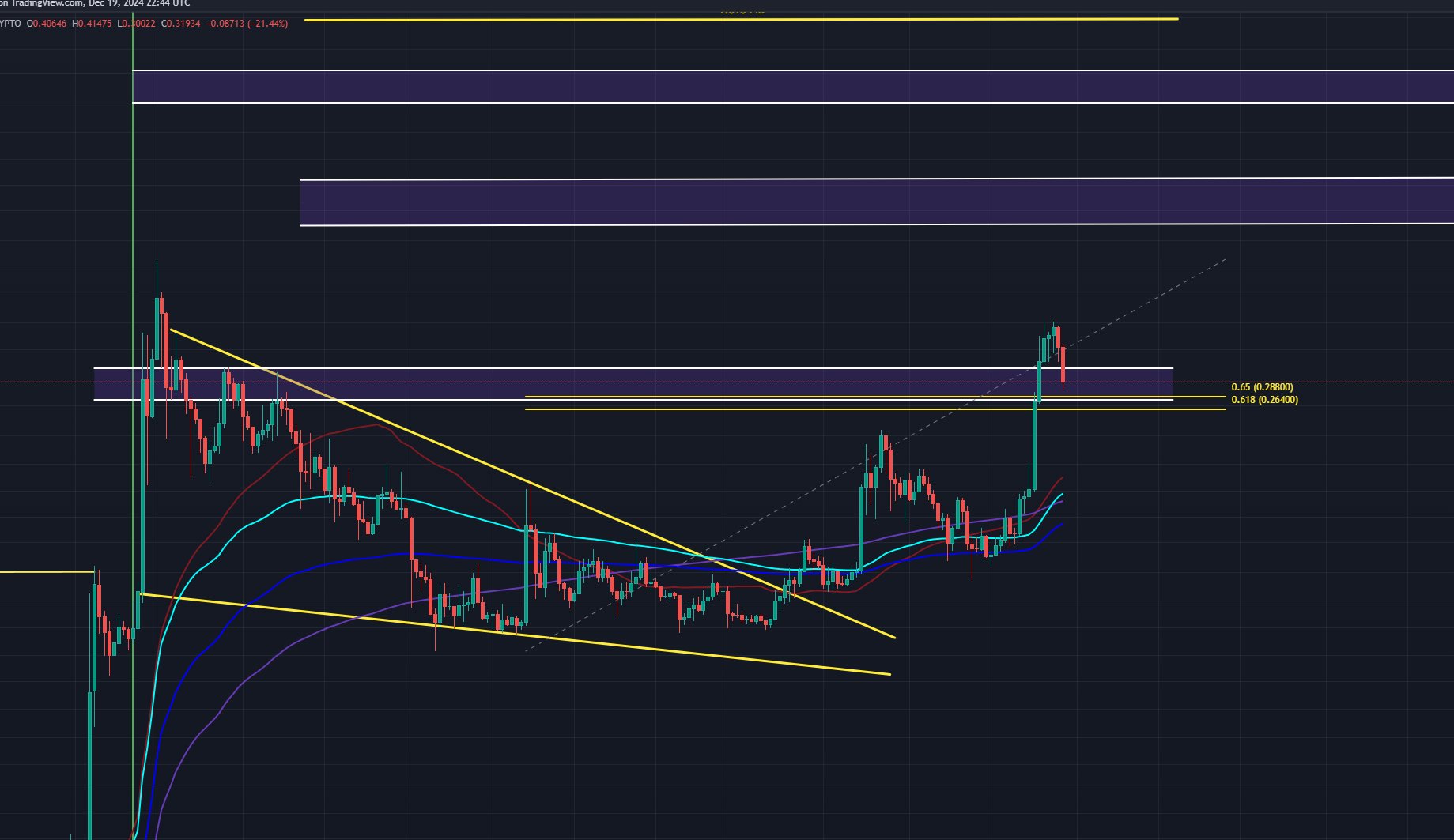The crypto industry and legislators in the United States find themselves entangled in the aftermath of the recent Ripple case and the “Torres Doctrine.” These events are now bringing to light the political undercurrents that are shaping the future of cryptocurrency legislation. Ron Hammond, the Director of Government Relations at the Blockchain Association, provides an insightful perspective on the ongoing saga and potential shifts in congressional attitudes toward cryptocurrency regulations.
Hammond points out that the landmark Ripple case has exerted a significant influence on the politics surrounding impending stablecoin and market structure bills, which are scheduled for a vote in House committees next week.
He argues that the Ripple case, though not a full victory for the company, has destabilized the SEC’s argument that legislation isn’t required and undermined its previous unbeaten record in court.
“Off the bat, the SEC has put senior Democrats in Congress in a weaker negotiating position,” Hammond said.
Also Read: Ripple News: Why XRP Price Is Surging Today? Here’s What Traders Can Expect Next
A Flip in Legislation
Back in 2018, senior Democrats, including Rep. Maxine Waters and Sen. Sherrod Brown, were in agreement about the necessity of regulating cryptocurrencies. However, by 2022, their stance had shifted, largely due to the influence of the SEC.
Hammond explains, “When Gensler changed his position on legislation in 2021, Democrats followed suit.” The SEC’s stance had a profound impact because, in Congress, it’s common for lawmakers to rely on regulators, especially those from the same party, as they are deemed subject matter experts.
The Ripple Case: A Catalyst for Change?
The Ripple case, however, has stirred the pot and reignited debates about the need for legislation. Confusion following the Ripple case outcome has made it apparent that legislation could be the only clarifying force. While this makes the proposed legislation appear primarily Republican-led, there are clear regulatory gaps that require bipartisan efforts to address.
“The Ripple case changes this,” Hammond says. “Now there are clear regulatory gaps, but Republicans need Democrats if they want this done.”
Navigating the Complexities
Getting the cryptocurrency legislation to the President’s desk will require navigating a complex political landscape. While some Democrats, particularly the younger generation, have shown interest in the legislation, it will necessitate bipartisan efforts to overcome the differing stances within Biden administration regulators, such as the Treasury and CFTC.
“Politics will determine if it is both bills or just stablecoins,” predicts Hammond. He notes the potential roadblocks in defying party leadership but remains hopeful, drawing parallels with the SAFE Banking, the marijuana banking bill. Despite initial resistance from party leadership, younger Republicans joined forces with Democrats to support it, enabling it to gain traction in both the House and Senate.
Also Read: Leading Crypto Investment Firms Polychain Capital and Coinfund Secure $350M for Innovative New Funds
Inaction is Not an Option!
Despite these political complexities, Hammond echoes the sentiment of Democrat Wiley Nickel, who asserted,
“Whether you love crypto or hate crypto— you should support market structure legislation. Inaction is not an option.”
As the Ripple case continues to reverberate through the crypto industry and the corridors of power, it is clear that the future of cryptocurrency legislation hinges on the delicate dance of politics. Only time will tell whether bipartisan efforts will prevail, paving the way for a well-regulated crypto landscape or if the status quo will endure, leaving the industry and investors in limbo.
Credit: Source link













































